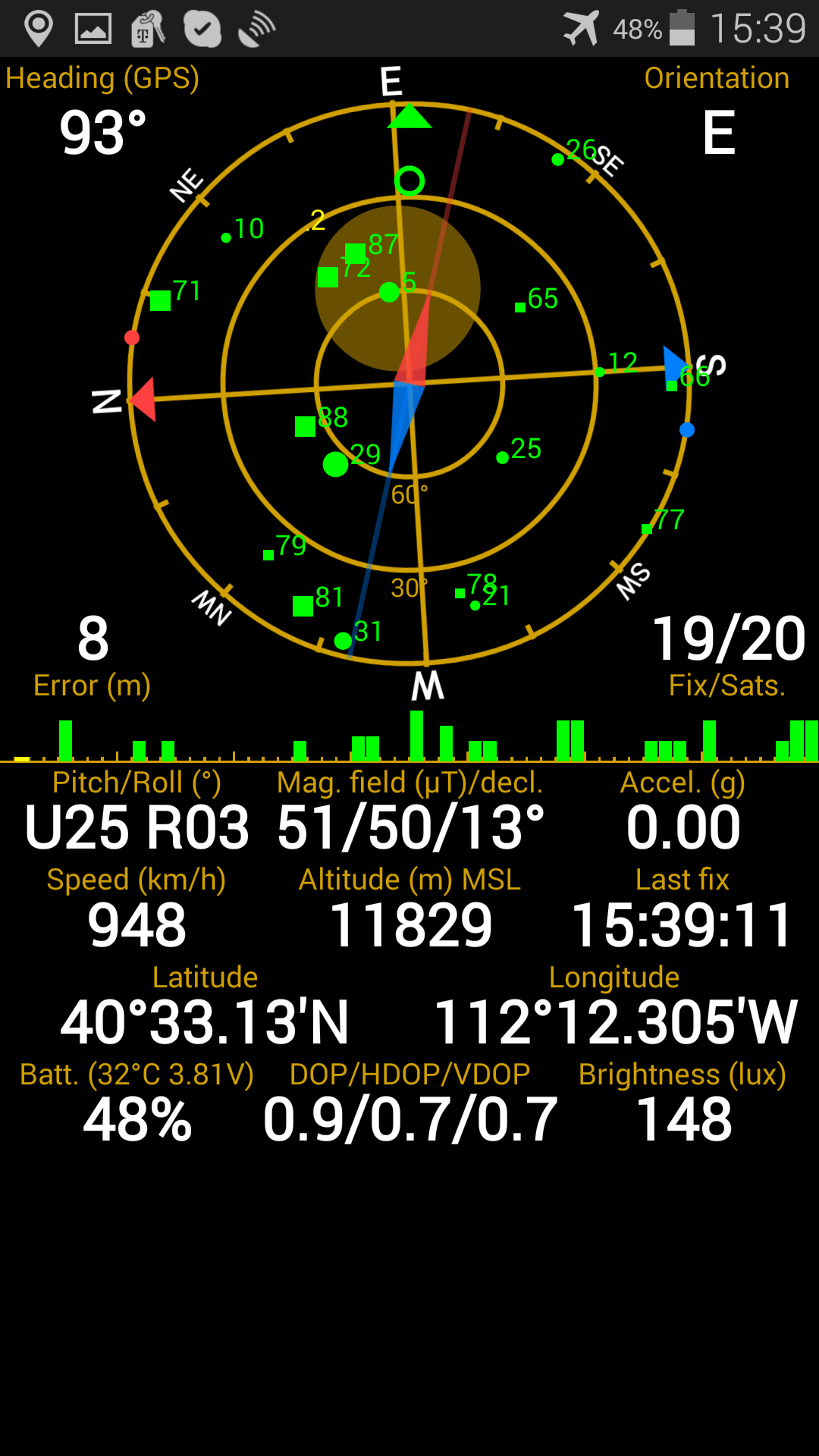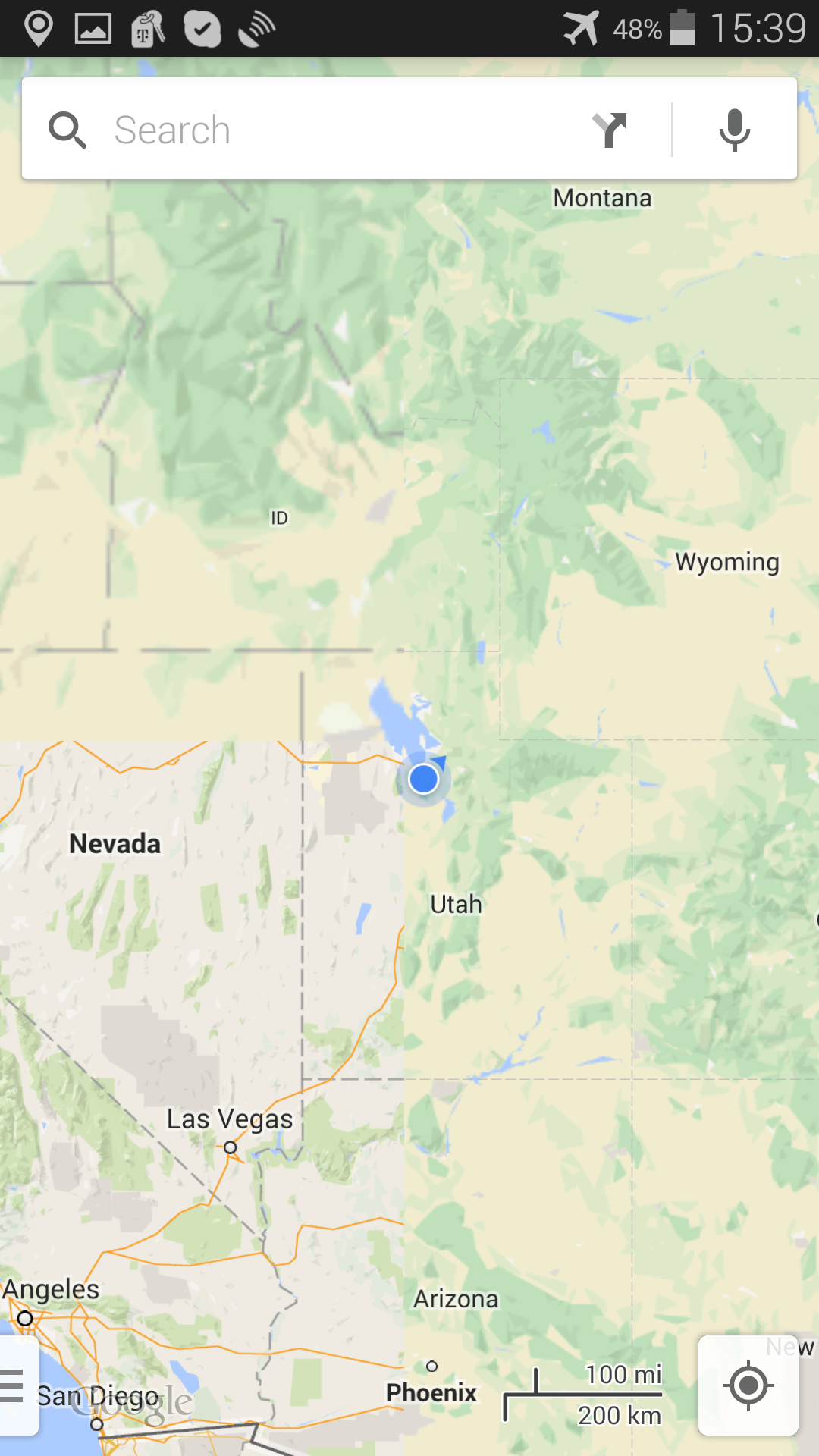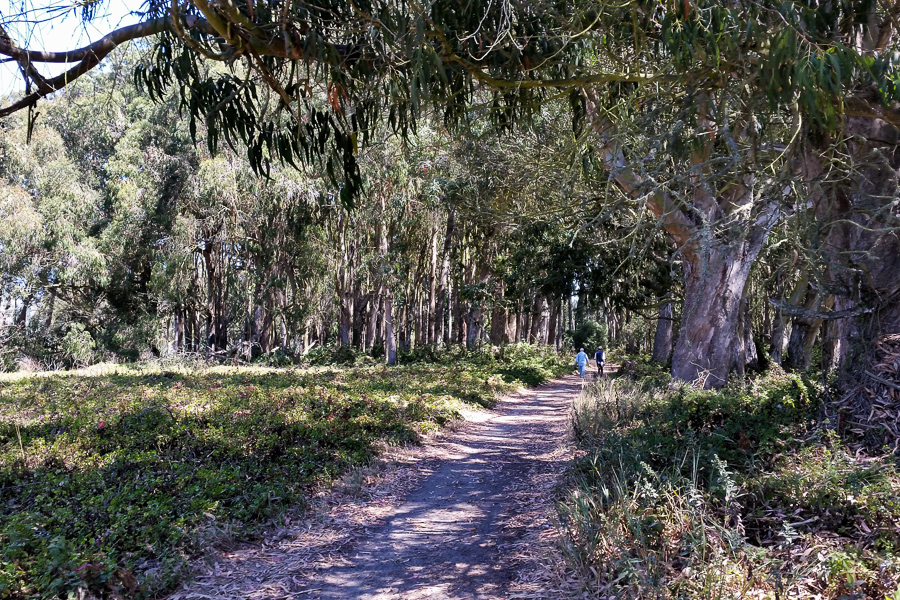West Monroe Partners (my employer, who have no editorial control over this blog, nor do they endorse anything I write here) has a thriving mergers and acquisitions practice. In order to provide appropriate advice to our private equity clients, we perform "diligences," which are thorough investigations of a company's strengths and weaknesses. Almost always, the target companies have technology assets that we evaluate as part of the diligence. Which is why I'm up at the crack of dawn in a hotel outside Phoenix.
Obviously I can't disclose anything about a diligence effort, or what kind of transaction is contemplated, or even what industry the company is in. In fact, sometimes I won't even know who the target is until I get there, as is the case today. So I am able to say nothing more about today's work than I'm in Arizona.
Still, the work is really interesting. We get pretty deep into the target's processes, methodologies, even sometimes their actual code and infrastructure. As a technology professional, it gives me exposure to different ways of doing things, especially what works and what doesn't. And it gets me out of the house for a day or two.
Of course, this will slow down posting a bit this week...
The Atlantic's CityLab blog looks at American streetcars and finds that infrequent service and slow speeds are their main problems:
Very few next-generation streetcar lines run with the sort of frequency that might counterbalance slow speeds or short distances. In a very smart post at his Transport Politic blog a couple weeks back, Yonah Freemark lamented that many U.S. streetcar (and, to be fair, light rail) systems built since 2000 fail to meet minimal service standards—often running just a few times an hour.
Good public transportation requires trains or buses to run every 10 or 12 minutes, five or six times an hour. Only two streetcars (Tacoma and Tucson) hit this mark. It's perhaps no coincidence that the brand new Tucson line also met its early ridership projections, even after ending a brief free-ride campaign and even before University of Arizona students were back on campus.
It's almost cargo-cult urban planning. Some streetcar systems—notably New Orleans'—work very well. So naturally urban planners saw streetcars as a way to improve central cities. But through lack of funding or lack of comprehension, they implemented the systems inadequately.
Of course, much of this comes from an inability to address the biggest issue with modern American infrastructure: we beatify cars. Maybe thinking about how to get people from one place to another without cars might help.
My new Android phone has a built in-GPS and a fairly large Google Maps cache. I'm sure this is true of other phones, but not of my old Windows phone, so until this past trip I couldn't do this:

And then, a few seconds later, I could do this:

I love this phone.
I walked about 17 km yesterday, including through here:

Yes, Northern California has its good bits.
Good morning. It's the 1st day of September, 2014, and meteorological summer is over. School is back, Labor Day is upon us (but only in the U.S., where it doesn't remind anyone of actual labor struggles), and I've had Parker for 8 full years. (The annual Parker Day photo will have to wait until he and I are both back home. I know, this is the second year running that I've missed the day itself. I hope he forgives me.)
On the whole, summer wasn't bad. Autumn should be fine as well: I'm attending a dear friend's wedding this month, going to London next month, and in between, aiming to walk Parker as much as our legs can carry us. Cleveland will be involved as well, though to what extent, I don't yet know.
Still, I'm not sure where summer actually went. May doesn't seem that long ago.
When I visit my folks in northern California for short visits, I use the same trick to ward off jet lag that I use in London: I stay on Chicago time. This means, however, that I get up around 5:30 and hike over to the Peet's to work until everyone else wakes up.
Combine that with this being the end of August and it really brings home how short the days are getting. At home I've already noticed how gloomy it is at 6:30; here, I'm leaving the house at 5:45, almost an hour before sunrise. The last time I visited California, in May, I walked to the coffee shop at dawn. Today I thought it prudent to bring a flashlight.
Chicago has lost 74 minutes of daylight since August 1st, and will lose another 100 minutes by the end of September.
We'll also get cooler weather, changing leaves, sweaters, and longer walks with Parker, so it's not all bad.
On those rare occasions when I opt for it, I usually enjoy having in-flight WiFi. At this particular moment, however, I'm staring down another two hours of flying time with WiFi throughput under 200 kbps. That speed reminds me of the late 1990s. You know, half the Web ago.
This is painful. I'm not streaming video, nor am I connected to a remote server like the guy next to me. I'm just trying to get some documents written. I believe I will have to write a complaint to GoGo Inflight, as this throughput is completely unacceptable.
But enough about that minor sadness; I've found something truly horrible.
Everyone who took English 1 at my college had to read George Orwell's Politics and the English Language. (I would actually extend this mandate to everyone on the planet who speaks English if I had the power.) In the essay, Orwell calls out a specific passage from Ecclesiastes to show how business English can destroy thought:
I returned and saw under the sun, that the race is not to the swift, nor the battle to the strong, neither yet bread to the wise, nor yet riches to men of understanding, nor yet favour to men of skill; but time and chance happeneth to them all.
He renders it in modern English thus:
Objective considerations of contemporary phenomena compel the conclusion that success or failure in competitive activities exhibits no tendency to be commensurate with innate capacity, but that a considerable element of the unpredictable must invariably be taken into account.
Two things. First, "modern" English in 1946 seems a lot like modern English in 2014. Frighteningly so.
Second, there are worse translations of that passage in actual, printed Bibles. Now, I'm not a religious person, as even a causal reader of this blog knows. But I have an appreciation for language. So it pains me to see that some people learned Ecclesiastes 9:11 like this:
I saw something else under the sun. The race isn't [won] by fast runners, or the battle by heroes. Wise people don't necessarily have food. Intelligent people don't necessarily have riches, and skilled people don't necessarily receive special treatment. But time and unpredictable events overtake all of them.
("GOD'S WORD® Translation")
Or this:
I have observed something else under the sun. The fastest runner doesn't always win the race, and the strongest warrior doesn't always win the battle. The wise sometimes go hungry, and the skillful are not necessarily wealthy. And those who are educated don't always lead successful lives. It is all decided by chance, by being in the right place at the right time.
NO! No, no, NO! This isn't a children's book. Why does anyone need to dumb it down? I mean, fine, vernacular and all, but can't we at least keep the poetry?
It's no wonder the religious right have such poor cognitive skills. The one book they were allowed to read as children has been reduced to pabulum.
United Airlines and Uber have quietly entered into a partnership to help United passengers get rides out of O'Hare (hat tip RM):
United launched the service Thursday that allows passengers to use the United Airlines mobile app to find UberTaxi information including the types of vehicles available, estimated wait times and prices.
The airline’s passengers can hook-up with the Uber service by using the airline’s mobile app to select a ride, at which point they are either directed to the Uber app to complete the transaction or to sign-up for an Uber account.
Only UberTaxi cars can participate, because they're licensed cab drivers.
Meanwhile, Illinois Governor Pat Quinn vetoed legislation that would have made it more difficult for Uber and its competitor, Lyft, to operate in Chicago, and Uber is coming under fire for poaching drivers from the competition.
Cranky Flier has his hypothesis:
From everything I understand, this particular spat is really about economics and there’s not some underlying hidden issue. While published commissions have disappeared, agencies with heft like Orbitz still do get paid by airlines. They also get paid by the reservation systems they use. How does the reservation system get the money to pay them? They make the airlines cough it up. So really when someone books on an online travel agent site, the airlines are paying for it twice. The airlines have to look at the total amount and decide whether or not its worth the price to play.
Now, if you’re a traveler and you go to Orbitz, you aren’t going to see American or Southwest. ... Sure, United and Delta can pick up some of the slack, but Orbitz becomes significantly less useful domestically. International is a different story, I suppose. That being said, if you really love using an online travel agent, then why not just use Expedia now? There is real risk for Orbitz.
There is also real risk for American, but it’s less than it probably would have been in the past. Before consolidation took hold, there were so many airlines out there you might not notice, as a consumer, that American had disappeared. But now, you’ll notice. At the same time, American has upped the percentage of traffic coming direct, so Orbitz really feels more pressure now than it would have in the past. The balance of power has shifted.
As a loyal oneworld frequent flier, I almost always go to aa.com directly (though I sometimes follow up by checking Hipmunk when I see suspicious direct pricing). But for occasional passengers, the Orbitz is a useful resource. And if Orbitz no longer shows American Airlines prices, will United and Delta raise theirs?
Mainly, since I'm going there soon, I should have mentioned the 6.1 earthquake in Napa yesterday morning.
Also, a few blocks from where I'm sitting, Chicago is building a new river walk for $100 million.
Anyone else looking forward to Rick Perry's next political campaign? It should be fun.
Oh, and I went with the REI duffel.